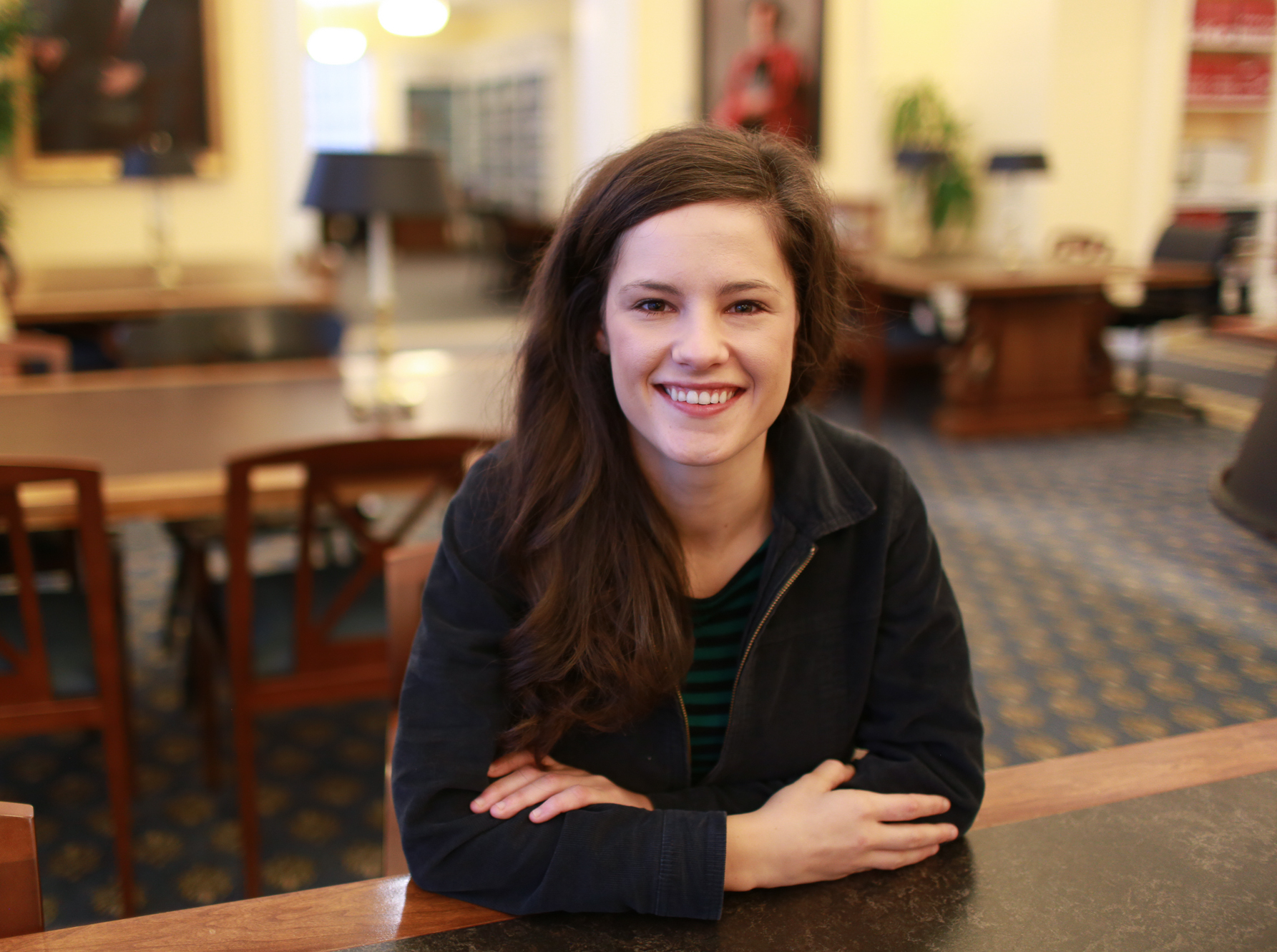Courtney Hill graduated with a PhD in Civil Engineering from department of Engineering Systems and Environment in the School of Engineering and Applied Sciences in August 2020. Courtney’s dissertation research focused on low-cost ways to treat water in rural South Africa. Specifically, she examined the relationship between human health and access to silver embedded ceramics as well as other mechanisms by which silver can be used to treat water in low- income areas.
Courtney participated in PhD Plus Science Policy skills series, and was selected as Mirzayan Science and Technology Policy Fellow in 2018. At present, Courtney is Associate Program Officer at The National Academies of Sciences, Engineering, and Medicine.
Q. What future career did you envision when you began graduate school at UVA?
A. During first year of my PhD training, I was aware of tenure-track professorships as the only career path for PhDs. I liked mentoring students, had just taught for a year in South Korea, and was really interested in my research. Therefore, I thought tenure-track faculty career would be a good fit. During the second year of my PhD training, I learned about the field of science policy. This came at a time when I was realizing that I was interested in working on issues of science from a broader perspective beyond the scope of an academic research career. From the moment that I started exploring science policy work, I knew that it was a great fit for my interests.
Q. How did you explore your interest in science policy career path?
A. During the third year of my PhD training, I spent six months in Washington DC as a Mirzayan Fellow at the National Academy of Sciences, Engineering, and Medicine. As a fellow, I worked for the InterAcademy Partnership, the global network of science, engineering, and medical academies working together to provide evidence-based solutions to the world’s most challenging problems. During the fellowship, I authored a document examining how Africa’s current continental Science Technology and Innovation policy has been integrated at the regional and national level. It was an amazing experience that solidified my interest in international science collaboration and science diplomacy, and set me up well for my current position at the National Academy of Engineering. During the fellowship, I balanced making progress on my PhD through writing in the evenings and coordinating research with undergraduate research assistants who kept lab-based experiments running while I was away.
Q. What are some valuable transferable skills and experiences for PhDs to transition into your current job?
A. The most valuable transferable skill that PhDs have is the ability to independently learn a lot about a subject relatively quickly. In my current job, there have been several times when I worked on a topic that I knew little about prior to my assignment. Knowing how to come up to speed can be directly attributed to lessons that I learned during the literature review process of my PhD, which serves me well in my current role.
Q. What are some opportunities that enable developing or honing these skills?
A. Learning about new topics is inherent to PhD training; all PhD students develop this skill during literature review process. However, to gain exposure to topics outside your field, seek out workshops, lectures, and professional opportunities that focus on unfamiliar topics that you find interesting. During graduate school, I worked with a computer scientist at UVA on a data sharing platform for scientists in Mekong countries. This allowed me to attend several State Department meetings, learn about water security issues, and gain professional network that I would not have had access to explicitly through my PhD research.
Q. Based on your job search, application and interview experience, what would you advise PhD students?
A. As I graduated amid the COVID pandemic, I embarked on two different job search paths. Previous to COVID, I wanted to continue in my research field a bit longer and looked for postdoc positions. I reached out to potential advisors for informational interview phone calls about a year in advance. After many calls, I accepted a postdoc at Johns Hopkins six months before I graduated. However, about a month before I graduated the offer was rescinded because the project would have required frequent travel to Uganda and was likely postponed indefinitely due to the pandemic. Due to this incident, I started a second search focused on science policy jobs. This time, I announced my new search to my network on LinkedIn and Twitter and leveraged leads from my professional network to guide my search. Through a contact on Twitter, I learned about the Associate Program Officer position at the National Academy of Engineering, and it was a perfect fit. I applied for the job, went through a screening interview and a second in-depth interview with my current boss, and was ultimately offered the job. The process took about two months from submitting the application to receiving the job offer.
Q. What advice would you give PhD students and postdocs interested in pursuing a career in science policy ?
A. My primary advice is to seek out experiences, fellowships, internships, as well as informational interviews that expose you to professionals in the science policy world. Don't be afraid to cold e-mail people and request a conversation, as people love to share about themselves and their experiences. If you think you want to leave academia, start gaining knowledge of diverse careers paths of PhDs early in your PhD or postdoc training.

